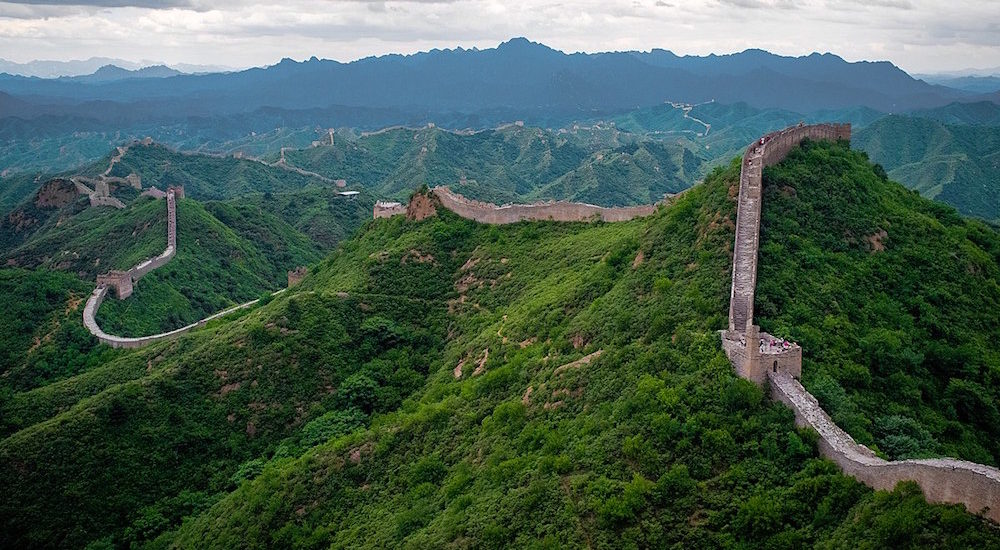I keep hearing about the astonishing pace of innovation in China.
I’ve seen lots of tweets like this one, and they leave me feeling nervous but deeply curious about what will come of the Chinese tech explosion.
What I learned from 5 weeks in Beijing + Shanghai:
– startup creation + velocity dwarfs anything in SF
– no one in China I met is remotely worried about U.S. or possibly even cares
– access to capital is crazy
– scale feels about 20x of SF
– endless energy
– not SV jaded https://t.co/NcTq9mXdjE— Jason M. Lemkin ? (@jasonlk) January 18, 2018
I just finished a fascinating book about A.I. in China called A.I. Superpowers, by Kai-Fu Lee. Lee describes the boom in Chinese artificial intelligence research and implementation, and illustrates advantages that he believes will propel China to lead the world in the new AI age. He discusses Chinese tech giants like TenCent, Baidu and AliBaba, as well as American giants like Google, Facebook and Amazon and the important role they will play in advancing the field.
Notably absent from the discussion is Apple. Apple has lagged behind its competitors in the space, and I think this will allow Apple’s competitors to leapfrog the storied company.
Airpods are a great illustration of this. I recently purchased a pair of airpods. The hardware is elegant, I like the way they fit, the case is really cool. But the software experience is quite bad, and laughably behind Alexa (or Google Assistant, I imagine) for ease of use. I almost never use Siri, unless I have a dead simple question (“what is the temperature outside?”). This is because voice assistants lean so heavily on machine learning, not a field where Apple has a competitive advantage.
Apple’s culture is one of careful human curation. I recently finished Creative Selection, a book by an Apple engineer who helped build key features on the iPhone. He described a place where human taste is trusted above all else. The part of the book that I found most illuminating was when he described Google A/B testing 50 shades of blue for a web page, he said (paraphrasing): “Apple would never do that. Someone would pick the color blue they thought looked best.”
This trust in human taste has led to beautiful products. But as the value of products increasingly comes from artificial intelligence, Apple’s culture does not seem suited to keep up. The company’s reliance on human judgment combined with Apple’s famous secrecy make me think its days as the most valuable company in Silicon Valley are numbered. A.I. researchers want to be recognized for their breakthroughs, and Apple’s secretive culture means there’s less opportunity to publish work or speak about it at conferences. As A.I. becomes a primary driver of tech products’ value, I don’t think Apple will keep up with Google, Facebook, or its counterparts in China.
